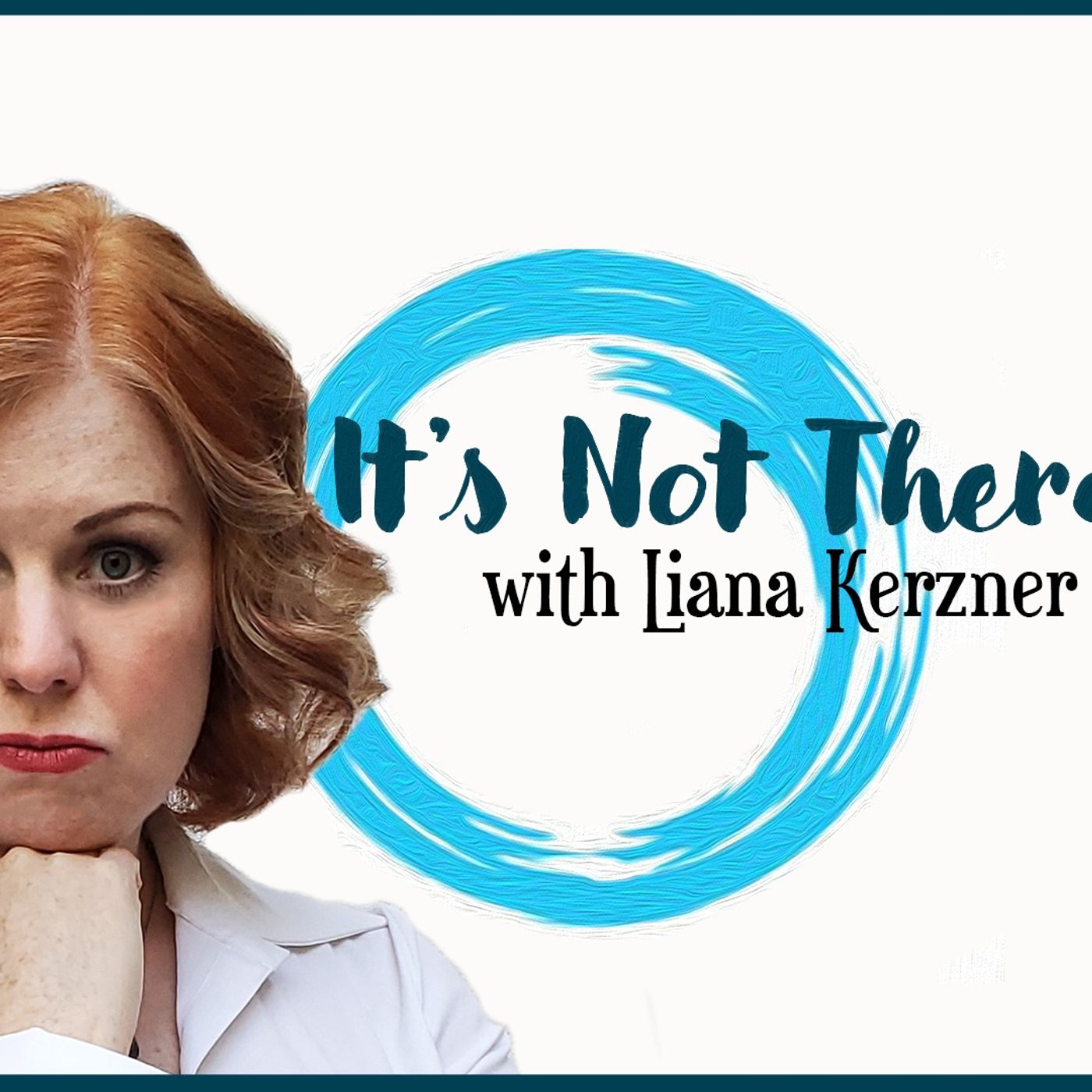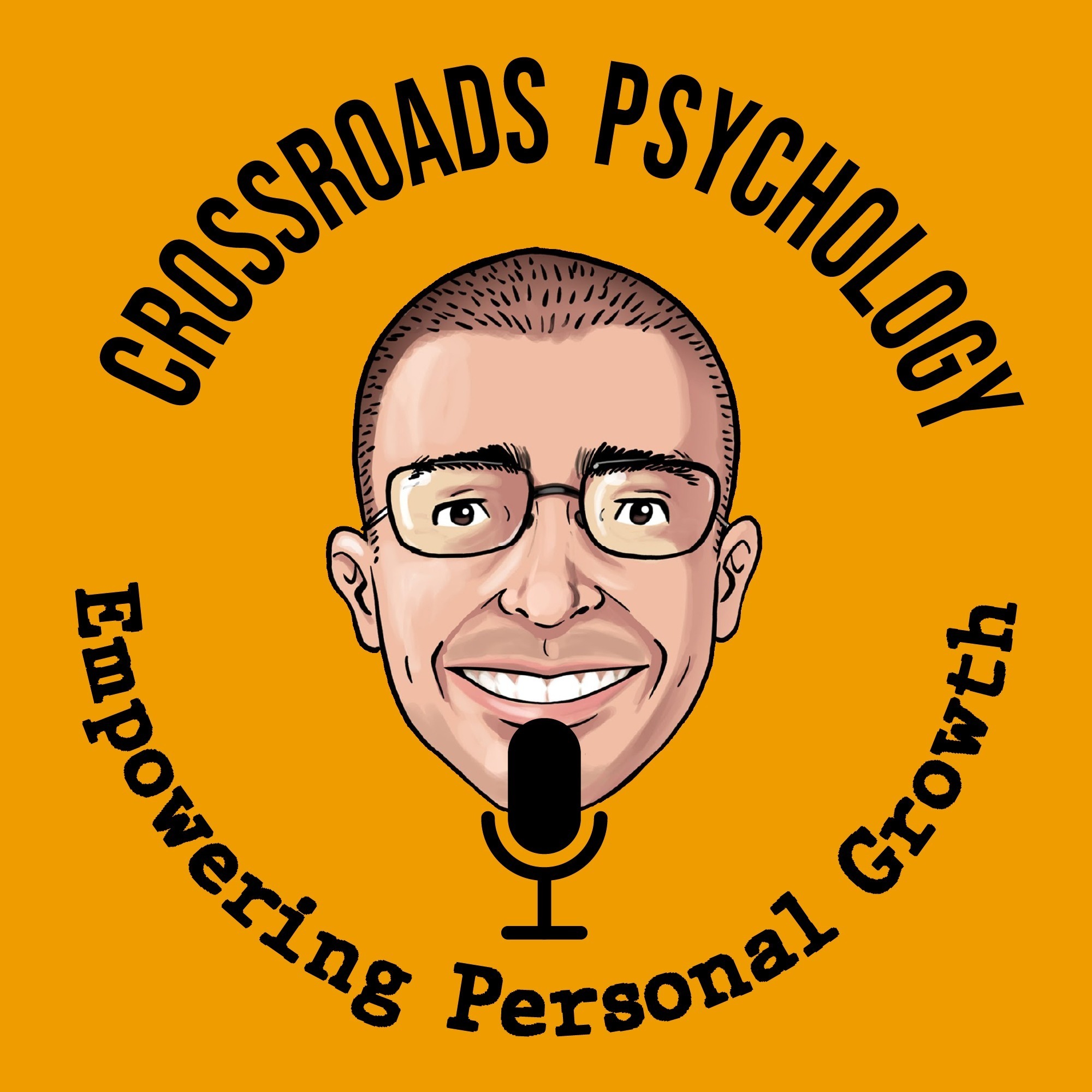 |
Certification and SustainabilityAuthor: Oxford University
The certification of products is not new. However, the past few years have seen an upsurge in consumer demand for much more information about the provenance, authenticity, and performance of products and services, going well beyond authenticity, safety and reliability. Alongside this rise there has been a proliferation of voluntary certification schemes instituted by various combinations of industry associations, nongovernmental organisations (NGOs) and government or quasi-governmental agencies. The seminar series is designed as the first step of a project to compare newly emerging third party certification programmes. Drawing together scholarly and practitioner expertise on a variety of third party certification programmes, presentations will address issues such as the origins or inspiration for the certification programme, identification of participants, its structure, effectiveness and impacts (anticipated and unanticipated), and principal challenges of the certification scheme. Language: en Genres: Education, Science, Social Sciences Contact email: Get it Feed URL: Get it iTunes ID: Get it |
Listen Now...
Fair Trade Certification
Wednesday, 8 December, 2010
Dr Alex Nicholls (Skoll Centre for Social Entrepreneurship) examines how over the past ten years the market for Fair Trade products has grown at double digit rates across many countries in the North. As a consequence, Fair Trade is today the most significant example of a social enterprise entering mainstream markets. Furthermore, the Fair Trade model has had an influence beyond its own particular markets by playing an important role both specifically in establishing the 'ethical consumer' as a viable market segment and in exposing exploitation across mainstream supply chains to the public more generally. Fair Trade has its roots in a range of social movements that campaigned for trade justice, often within a strong religious (Christian) framework. This paper explores the micro-process through which Fair Trade has been transformed from a social movement focussing on advocacy against mainstream corporations to a market-embedded model of ethical consumption often working in cooperation with mainstream retailers and wholesale brands. It suggests that the development of Fair Trade certification standard and its attendant label provided the boundary spanning mechanism by which mainstreaming was facilitated. However, it is also proposed that this process, and its ongoing development, present challenges for Fair Trade as a movement that may have serious future implications.











